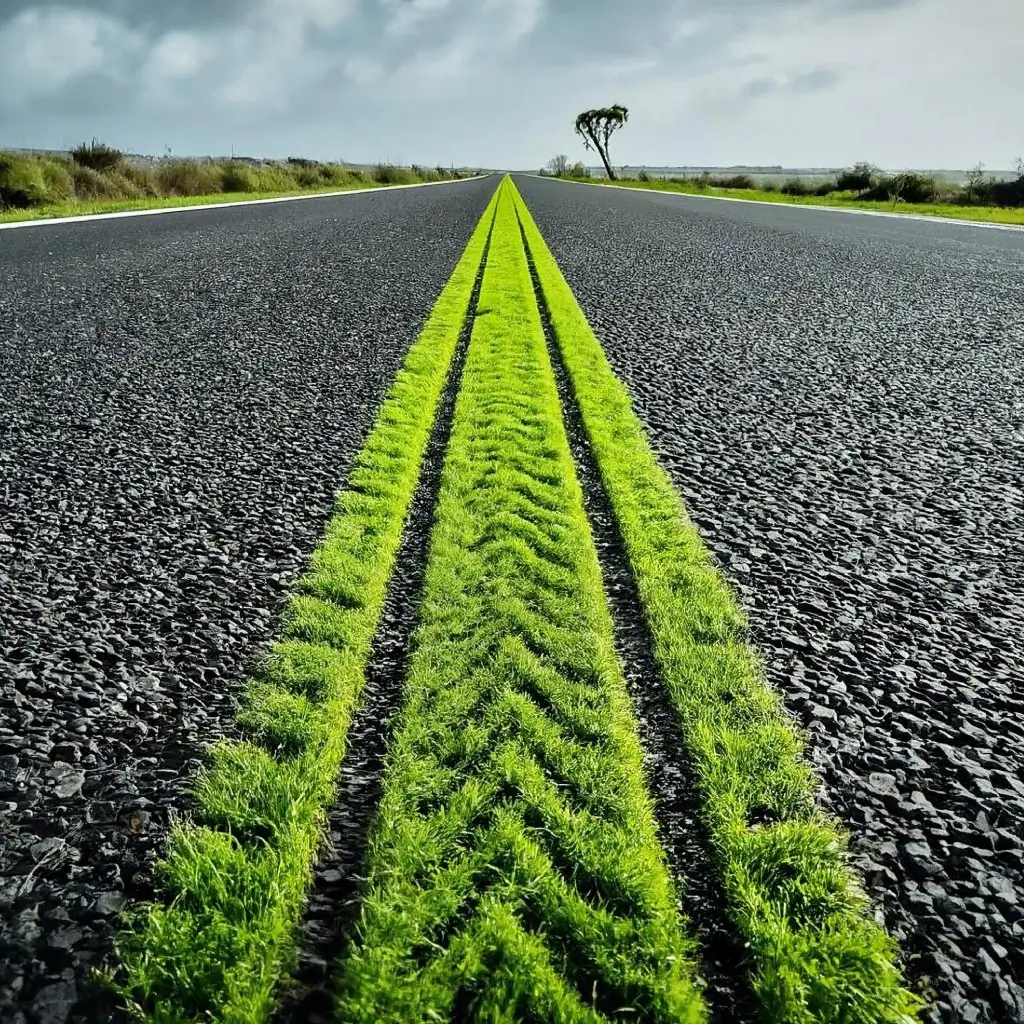Introduction
Singapore’s commitment to sustainability and environmental responsibility is embodied in the **Singapore Green Plan 2030**. This national initiative aims to transform the city-state into a greener, more sustainable urban environment. A key component of this plan is the **Green Mark Certification**, which significantly influences Singapore’s electrical industry by driving energy efficiency and the adoption of renewable energy sources.
Singapore Green Plan 2030: A Blueprint for Sustainability
The **Singapore Green Plan 2030** is a comprehensive strategy with ambitious targets spanning various sectors, including energy, water, waste, and green buildings. The plan is structured around five key pillars:
- City in Nature – Enhancing urban greenery and biodiversity
- Sustainable Living – Encouraging sustainable practices in daily life
- Energy Reset – Reducing carbon emissions and increasing renewable energy adoption
- Green Economy – Promoting sustainability-driven business models
- Resilient Future – Strengthening climate resilience
Among these, the Energy Reset pillar is particularly significant for the electrical industry as it accelerates renewable energy adoption and enhances energy efficiency.
Energy Reset: Transforming Singapore’s Energy Landscape
Singapore aims to quadruple solar energy deployment by 2025 and achieve at least 2 gigawatt-peak (GWp) of solar capacity by 2030. This target is expected to power approximately 350,000 households, meeting around 3% of the nation’s electricity demand.
To support this shift, Singapore is focusing on **grid enhancements, energy storage solutions, and smart grid technologies** that allow for better integration of solar power and energy-efficient solutions.
Green Building Masterplan: A Key Driver of Electrical Innovation
A significant portion of Singapore’s energy consumption comes from buildings. The **Green Building Masterplan**, under the Singapore Green Plan 2030, aims to make **80% of buildings** more energy-efficient by 2030. Key strategies include:
- **Super Low Energy (SLE) Buildings** – 80% of new developments are expected to meet SLE standards, which emphasize innovative energy-saving designs and technology.
- **Energy Efficiency Improvements** – Achieving an **80% improvement** in energy efficiency for best-in-class green buildings compared to 2005 levels.
Green Mark Certification: Setting New Standards in Electrical Sustainability
The **Green Mark Certification** is a crucial component of the Green Building Masterplan. It establishes stringent benchmarks for environmental sustainability in buildings by focusing on:
- **Energy Efficiency** – Reducing energy consumption through sustainable building designs.
- **Water Conservation** – Implementing water-efficient solutions in building operations.
- **Indoor Environmental Quality** – Enhancing air quality and thermal comfort.
Compliance and Reporting Requirements
- **Minimum Environmental Sustainability Standards** – Buildings must meet specific green criteria to attain certification.
- **Energy Audits** – Mandatory audits for commercial buildings every three years.
- **Annual Energy Consumption Reporting** – Buildings must submit yearly energy usage reports to track progress toward sustainability goals.
The Impact on Singapore’s Electrical Industry
- Renewable Energy Integration
The **shift towards solar energy** will reduce reliance on fossil fuels, leading to lower carbon emissions and greater energy security. Electrical engineers, contractors, and businesses must adapt to accommodate the rapid expansion of solar power infrastructure.
- Energy Efficiency and Demand Management
With more buildings adhering to Green Mark standards, overall electricity demand is expected to **decrease**, easing strain on the electrical grid and enabling a more sustainable energy distribution network.
- The Role of Smart Grid Technologies
Smart grid advancements will play a **crucial role** in integrating renewable energy sources while ensuring grid stability. Technologies such as **automated demand response systems, real-time monitoring, and predictive maintenance** will be essential in managing Singapore’s evolving electrical landscape.
Challenges and Opportunities
**Challenges:**
- **Grid Integration** – Managing the **intermittency** of solar energy and ensuring **grid stability**.
- **Technological Adaptation** – The need for **advanced energy storage** and **smart grid solutions** to optimize renewable energy use.
- **Regulatory Adjustments** – Policies and incentives must evolve to **support large-scale adoption** of green technologies.
**Opportunities:**
- **Energy Storage Investments** – Developing battery storage solutions to improve **energy reliability**.
- **Public-Private Partnerships** – Encouraging collaboration between **government agencies and industry leaders** to drive sustainable innovations.
- **Continuous Monitoring and Policy Enhancements** – Ensuring sustainability goals are met through **regular assessment and strategic adjustments**.
Conclusion
The **Singapore Green Plan 2030** and **Green Mark Certification** are pivotal in transforming Singapore’s electrical industry. By focusing on **renewable energy, energy efficiency, and sustainable building practices**, Singapore is positioning itself as a global leader in urban sustainability.
The road ahead presents both **challenges and opportunities**, but with the right **investments, policies, and technological advancements**, Singapore is well on its way to achieving a more **resilient, energy-efficient, and sustainable future**.
References
- Singapore Green Plan 2030: https://www.greenplan.gov.sg/
- Green Building Masterplan: https://www1.bca.gov.sg/buildsg/sustainability/green-building-masterplans
- Green Mark Certification Explained: https://www.cim.io/blog/the-green-mark-certification-scheme-explained
- National Climate Change Secretariat: https://www.nccs.gov.sg/singapores-climate-action/mitigation-efforts/buildings/
- Ministry of Sustainability and the Environment: https://www.mse.gov.sg/policies/energy
- C40 Cities Climate Leadership Group: https://www.c40.org/case-studies/singapore-greens-existing-buildings-through-green-mark-certification-audit-and-benchmarking-legislation-package/

